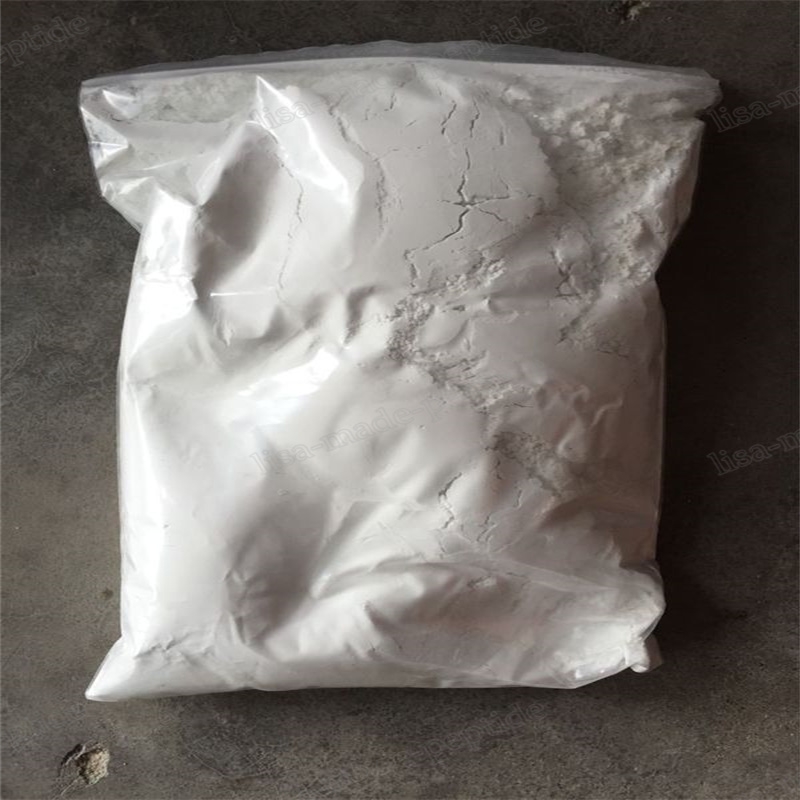-
Categories
-
Pharmaceutical Intermediates
-
Active Pharmaceutical Ingredients
-
Food Additives
- Industrial Coatings
- Agrochemicals
- Dyes and Pigments
- Surfactant
- Flavors and Fragrances
- Chemical Reagents
- Catalyst and Auxiliary
- Natural Products
- Inorganic Chemistry
-
Organic Chemistry
-
Biochemical Engineering
- Analytical Chemistry
-
Cosmetic Ingredient
- Water Treatment Chemical
-
Pharmaceutical Intermediates
Promotion
ECHEMI Mall
Wholesale
Weekly Price
Exhibition
News
-
Trade Service
The 4th Regional Comprehensive Economic Partnership Agreement Leaders’ Meeting was held on November 15.
The main contents of the agreement include: trade in goods, tariff reduction to zero tariffs; trade in services; investment; technological cooperation; mobility; e-commerce and data exchange; small and medium micro enterprise development
The main contents of the agreement include: trade in goods, tariff reduction to zero tariffs; trade in services; investment; technological cooperation; mobility; e-commerce and data exchange; small and medium micro enterprise development
Will reduce the cost of goods such as rubber and PX
Wang Shouwen, Deputy Minister of Commerce and Deputy International Trade Representative, said that RCEP is not only the world's largest free trade agreement, but also a comprehensive, modern, high-quality and mutually beneficial free trade agreement
According to reports, according to the RCEP regulations, at least 9 of the 15 members need to approve the agreement to enter into force, including at least 6 ASEAN member states and at least 3 countries from China, Japan, South Korea, Australia and New Zealand
The specific provisions of RCEP have not yet been made public
Market participants believe that the signing of RCEP will further promote the boom of related industries, reduce the cost of imports of iron ore, rubber, PX and other commodities in China, and help improve the competitiveness of related industrial chains in the long run
Take the impact on the polyester industry chain as an example
Take the impact on the polyester industry chain as an exampleThe signing of the RCEP agreement has a profound impact on China's polyester industry chain
The RCEP agreement involves many Eastern European and Asian countries, and has different impacts on the upstream and downstream of the polyester industry chain
Before 2019, the domestic dependence on p-xylene imports increased year by year, of which the dependence was 56% in 2018, an increase of 20 percentage points from 2012
After a total of 8.
2020 is the first year for the domestic ethylene glycol plant to be put into production in China
The signing of the RCEP agreement will gradually reduce the import tariffs of related chemicals, which also means that the price advantage of imported goods will gradually be reflected in the future.
In terms of exports, the market is mainly concerned about the potential impact on the final textiles
In this process, in view of the tariff advantages of the agreement, the cost of garment production and transportation has been greatly reduced.







